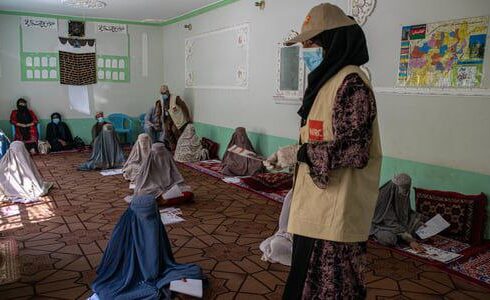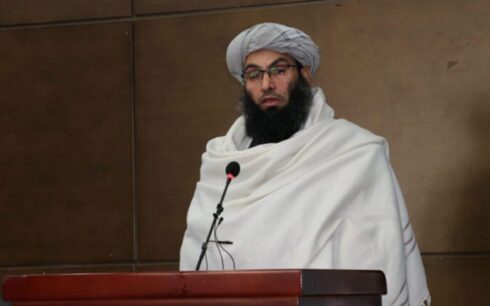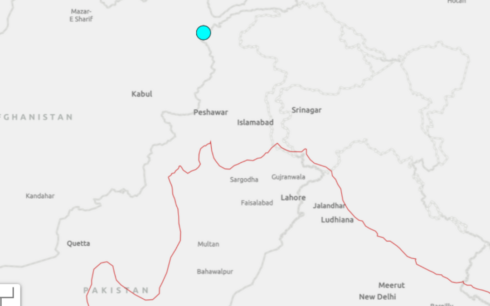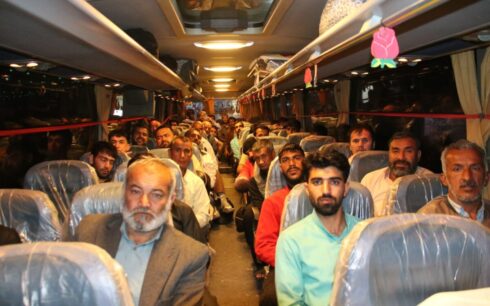The Diplomat – Shanthie Mariet D’Souza, a non-resident scholar at the Middle East Institute in Washington, has called in The Diplomat for an expanded focus on Daesh Khorasan’s central areas in Afghanistan and Pakistan to also encompass the broader frontiers of Central Asia following an attack in Russia.
D’Souza highlighted the necessity of widening the understanding of Daesh Khorasan’s core region to better include Central Asia’s extensive borders.
Despite the Kremlin’s tendency to associate the attackers with Ukraine rather than Daesh, the group’s involvement in the recent Moscow concert attack, which resulted in at least 139 fatalities and injured dozens, is evident from its claim and the subsequent emergence of corroborating evidence.
She argued that Daesh is not only surviving but also enlarging its operational territory.
“The recent attack in Krasnogorsk reflects not so much an expansion of ISKP’s (Islamic State Khorasan Province) physical presence but rather a demonstration of its existing influence and strength in Central Asia, a region where the group has been enhancing its capabilities since 2014,” D’Souza stated.
Understanding the group’s threat potential and developing strategies to counter it are crucial, she pointed out.
Despite Taliban assertions of having decimated Daesh, a United Nations report has disclosed the presence of between 5,000 and 6,000 Daesh combatants in Afghanistan.





